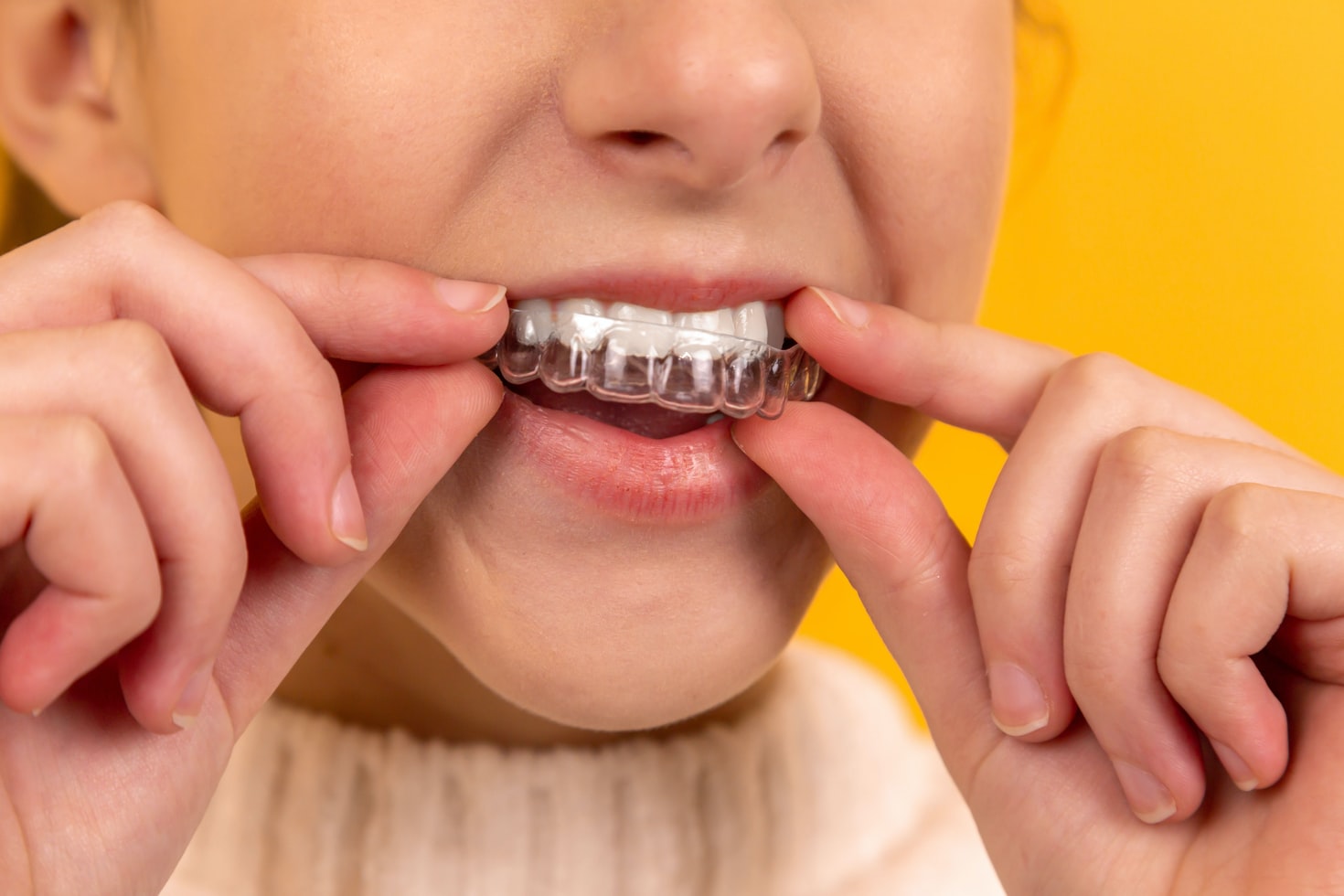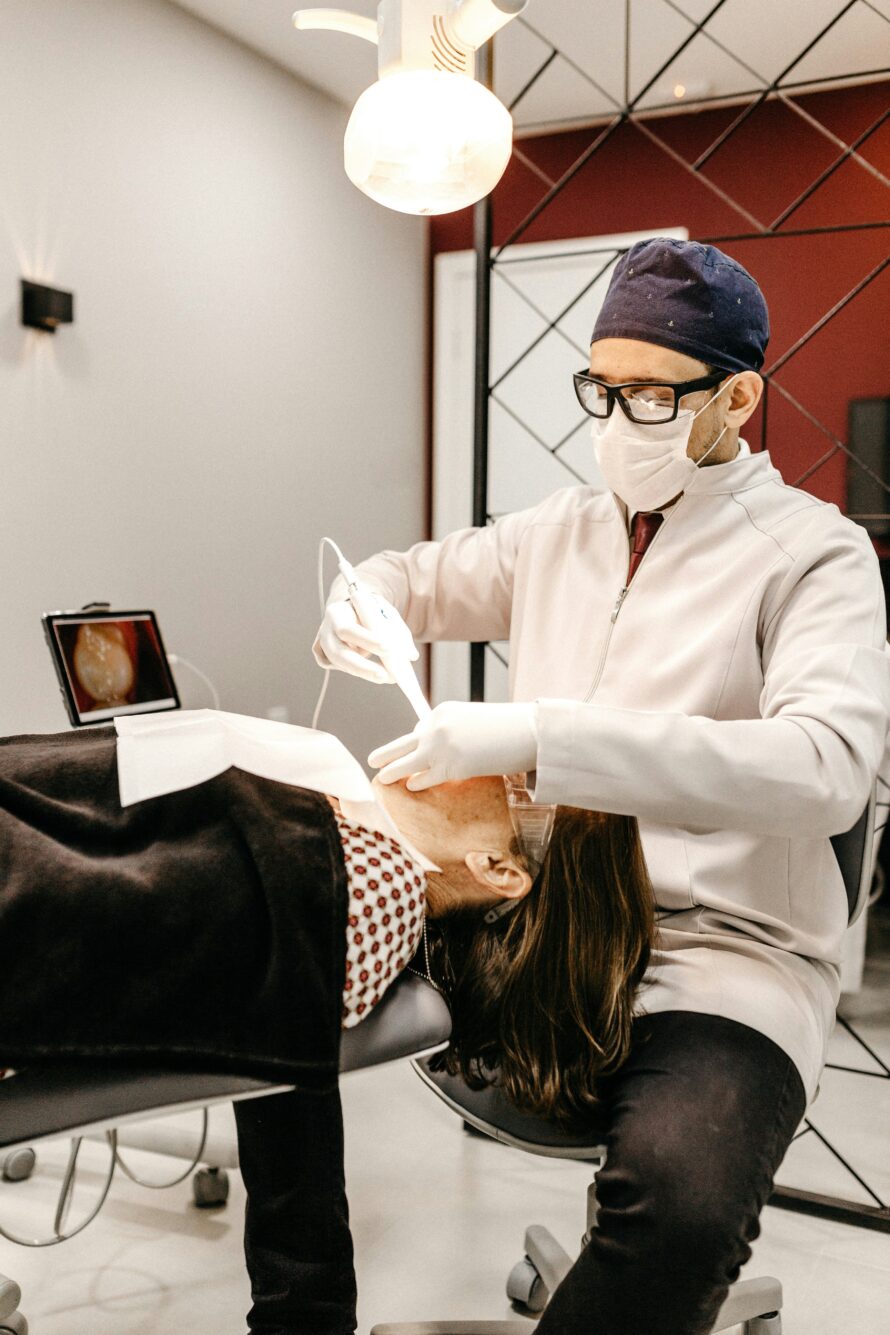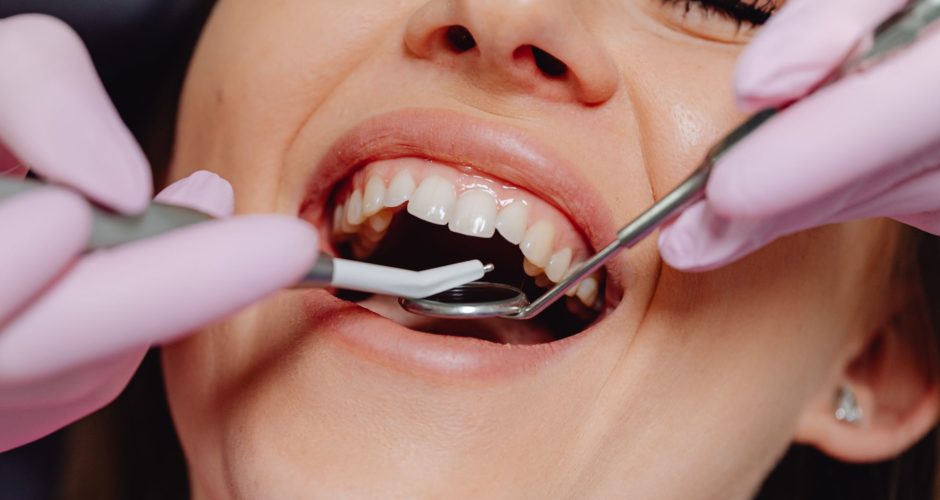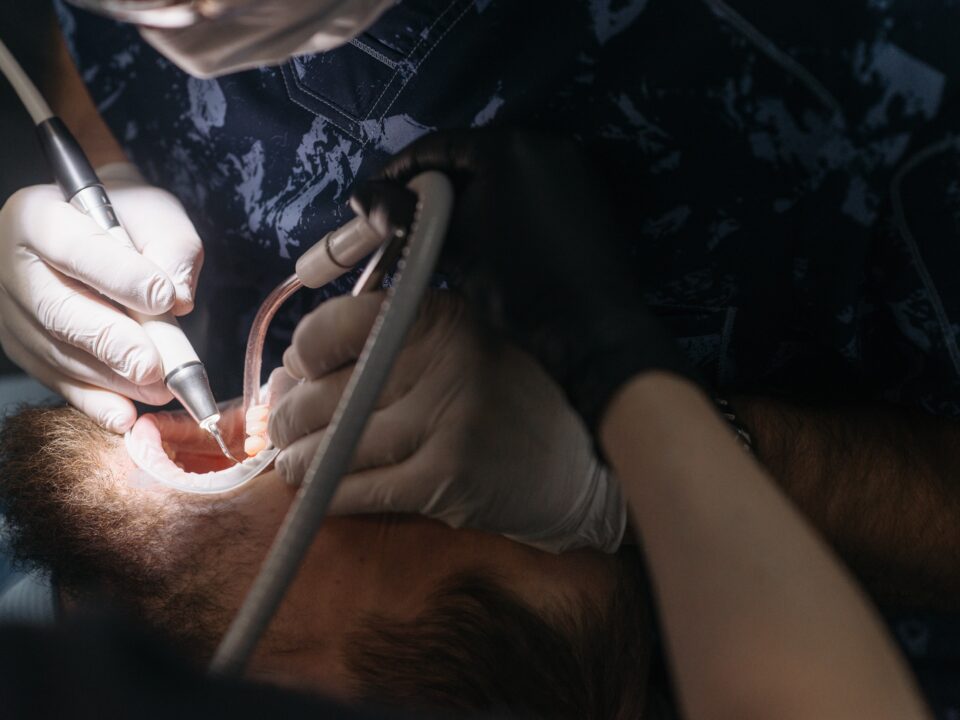
How to Whiten Your Teeth
December 22, 2021
Four Signs You Might Need a New Retainer
March 1, 2022Suffering from severe gum disease? You may want to learn more about gingival flap surgery (also known as gum flap surgery or periodontal flap surgert). When periodontitis cannot be treated with antibiotics or root planing and scaling, the bones are damaged and a flap procedure may be necessary. Without further action, you could be in for a lot of pain and even potential tooth loss.
Although gum flap surgery isn’t a cure for periodontitis, the procedure cleans the roots of the tooth and repairs damage, making it easier to care for your periodontal health.
[Related: Periodontal Disease and Cardiovascular Health]
Read on to find out more about gingival gum surgery and aftercare.

Gingival Flap Surgery Procedure
Gingival flap surgery is a pretty straight-forward procedure. Your dentist or oral surgeon will give you a local anesthetic to numb the area around the tooth.
The doctor will gently pull back sections of your gums to clean the roots, remove inflamed gum tissue, and repair damaged bone with grafting material before sewing the gum “flaps” back into place.
After the doctor sutures the gums back into place, they will apply gauze to the area to stop the bleeding, and send you home with aftercare instructions.
Gingival Flap Surgery Aftercare
After your surgery, recovery will only take an average of two to three days if you follow home care instructions from your dentist or oral surgeon. Your dentist will remove the stitches and check over the area to make sure you’re healing correctly.
Here are some general suggestions for aftercare to speed up your recovery:
- Rinse your mouth with warm salt water after the first day. You may do this multiple times to reduce swelling and relieve pain.
- Take pain medications as prescribed by your dentist or oral surgeon.
- Change your gauze and bandages frequently.
- Until the area is healed. avoid hard and crunchy foods.Stick to foods like pudding, jello, or broth-heavy soup (make sure hot foods are cool before eating).
- Do not smoke.
- Do not use a straw.
- Use an ice-pack to ease swelling and relieve pain.
- Be extra gentle when you brush your teeth and tongue.
- Prop your head and neck up with pillows and avoid lying flat to put an end to bleeding quicker.
[Related: New Year’s Resolutions for a Happy and Healthy Smile]
What Are The Benefits of Gingival Flap Surgery?
The benefits of gingival flap surgery are clear-cut: your periodontitis will be treated and your gum health can be restored.
Gum flap surgery will stop the progression of gum disease in its tracks and alleviate your pain. Side effects of gum disease like swollen and discolored gums as well as bad breath can also be reversed, giving you an all-over better quality of life and a renewed confidence.
Keeping on top of dental health can save you money and time by eliminating the need for future corrective procedures.

Keep Your Teeth and Gums in Great Shape with Cascadia Dental Specialists
Even after periodontal surgery you will need to continue to maintain the health of your teeth and gums. Remember to brush your teeth twice a day, floss regularly, and commit to seeing your dentist for periodic cleaning and exams.
Contact Cascadia Dental Specialists today for a consultation, or to find out more about gingival flap surgery and periodontal maintenance.
Featured image via Pexels and Unsplash





